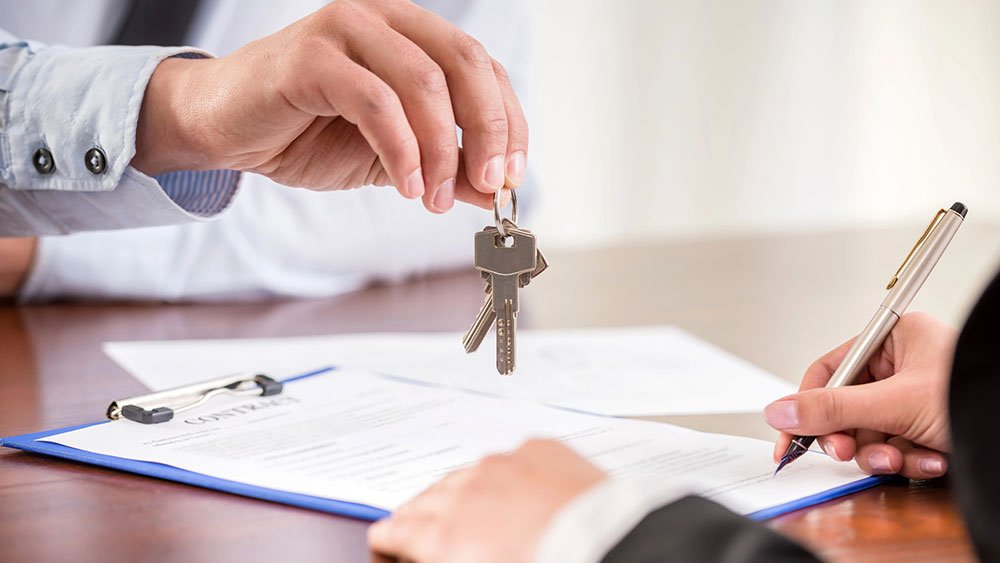Selling a home is a multifaceted process with numerous stages, each requiring careful attention. As you approach the finish line, understanding the intricacies of the closing process is crucial for a smooth and successful transaction. This comprehensive guide will walk you through the final steps, ensuring you’re well-prepared for a seamless closing experience.
The Final Countdown: What to Expect in the Closing Process
The closing process marks the culmination of your home-selling journey. It involves the transfer of property ownership from you, the seller, to the buyer. This typically occurs at a closing meeting, where all parties sign the necessary documents to finalize the sale.
Before reaching the closing table, several critical steps need to be completed. These include a final property appraisal, a title search to ensure clear ownership, and the buyer obtaining financing if applicable.
Key Documents to Review Before Closing
Before closing, you’ll receive several documents for review. These documents are essential for understanding the terms of the sale and protecting your interests. Some key documents include:
- The Closing Disclosure: This document details the final closing costs, loan terms (if applicable), and the amount of money you’ll receive from the sale.
- The Settlement Statement: This statement outlines all the financial transactions involved in the sale, including the purchase price, closing costs, and any credits or debits.
- The Deed: This legal document transfers your property ownership to the buyer.
Reviewing these documents and seeking clarification on any unclear points is crucial before proceeding with the closing.
Understanding Closing Costs: Who Pays What?
Closing costs encompass various fees and expenses associated with the sale of a home. These costs can include:
- Title Insurance: Protects the buyer and lender against any property title issues.
- Escrow Fees: Covers the services of a neutral third party who holds funds and documents during the transaction.
- Appraisal Fees: Pays for a professional appraisal of the property’s value.
- Loan Origination Fees: Covers the lender’s administrative costs for processing the loan.
Closing costs may be split between the buyer and seller, and the specific allocation can vary depending on local customs and negotiation. Therefore, it’s essential to understand which costs you’re responsible for before closing.
Common Issues That Can Delay Closing
While the goal is a smooth and timely closing, several issues can potentially cause delays:
- Appraisal Issues: If the property appraises for less than the agreed-upon price, it can create challenges with financing and potentially delay the closing.
- Title Issues: Unresolved liens, ownership disputes, or other title defects can hinder the transfer of ownership and delay the closing.
- Financing Issues: If the buyer encounters difficulties securing financing or fails to meet the lender’s requirements, it can lead to delays.
- Unforeseen Repairs: Last-minute repairs or inspections can arise, potentially pushing back the closing date.
Proactive communication and prompt resolution of any issues are key to minimizing delays.
Final Walkthrough: Ensuring the Home is in Order
The final walkthrough is your last opportunity to inspect the property before closing. It allows you to ensure that the home is in the agreed-upon condition, that any repairs have been completed, and the seller has removed all personal belongings.
During the walkthrough, check that all appliances are functioning, lights and fixtures are working, and the property is clean and free of debris. Any discrepancies should be addressed before proceeding with the closing.
Closing Day: What Happens and What to Bring
On closing day, you’ll typically meet with the buyer, their agent, and the closing agent to finalize the sale. It’s important to bring the following:
- Valid Identification: A driver’s license or passport is usually required.
- Keys and Garage Door Openers: You’ll need to hand these over to the buyer.
- Final Utility Bills: If applicable, you may need to provide final readings or settle outstanding bills.
- Any Outstanding Paperwork: Bring any remaining documents requested by the closing agent.
During the closing meeting, you’ll review and sign all the necessary documents, including the deed, settlement statement, and loan documents (if applicable). The property officially changes hands once the paperwork is signed and funds are transferred.
After Closing: Next Steps for Sellers
After closing, you’ll typically receive a check for the net proceeds from the sale. You’ll also need to:
- Cancel Utilities: Contact your utility providers to cancel or transfer services.
- Forward Mail: Set up mail forwarding to your new address.
- Notify Relevant Parties: Inform your insurance company, bank, and other relevant institutions of your change of address.
- File Taxes: Consult a tax professional to understand any tax implications of the sale.
Congratulations on successfully selling your home! With careful preparation and a thorough understanding of the closing process, you can ensure a smooth and rewarding conclusion to your real estate journey.
© 2024 xpertRealtyMarketing.



